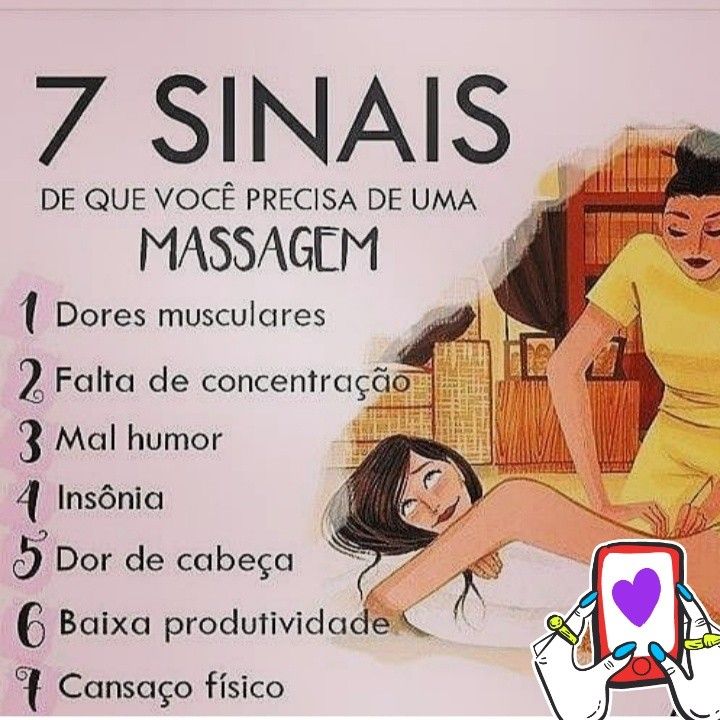When Can I Drink Alcohol After Tooth Extraction? Safe Guidelines
The recovery process after a tooth extraction can be a delicate period, and introducing substances like alcohol into the mix can potentially complicate healing or lead to unnecessary discomfort. Alcohol consumption, especially in the initial stages of recovery, is generally advised against due to several reasons. Firstly, alcohol can act as a blood thinner, which might increase the risk of bleeding at the extraction site. Secondly, it can interfere with the healing process by affecting the blood clot that forms over the socket, which is crucial for the wound to heal properly. Lastly, mixing alcohol with pain medications prescribed by your dentist can lead to dangerous interactions, including increased sedation, dizziness, and liver damage.
For those considering consuming alcohol after a tooth extraction, it’s essential to wait for an appropriate amount of time to ensure that the initial healing process is well underway. While specific guidance may vary depending on the dentist’s recommendations, the nature of the extraction, and the individual’s health status, a common recommendation is to avoid alcohol for at least 24 to 48 hours after the procedure. However, the safest approach is to consult with your dentist, who can provide personalized advice based on your specific situation.
Importance of Following Post-Extraction Instructions
Following the dentist’s instructions carefully is crucial for a smooth and uncomplicated recovery. These instructions often include guidelines on diet, oral hygiene, pain management, and activities to avoid, including the consumption of alcohol. Ignoring these guidelines can lead to complications such as dry socket, infection, or prolonged healing times. Dry socket, a condition where the blood clot dislodges or fails to form, can be particularly painful and may require additional treatment.
When It’s Safe to Drink Alcohol
If you’re eager to resume your normal routine, including consuming alcohol, here are some general guidelines to consider:
- Consult Your Dentist: The best advice will come from your dentist, who can assess the progress of your healing and provide a green light for alcohol consumption based on your specific case.
- Wait for the Initial Healing Phase to Pass: Typically, this means waiting until the dentist confirms that the extraction site is healing as expected, usually after a follow-up visit.
- Ensure You’re Not Taking Interacting Medications: If you’re on any medications for pain or infection, ensure they won’t interact negatively with alcohol.
- Moderation is Key: When you do start drinking alcohol again, do so in moderation. Excessive alcohol consumption can still interfere with your healing process and overall health.
Additional Tips for Recovery
- Stay Hydrated: Drink plenty of water to help your body recover from the procedure.
- Follow a Soft Food Diet: For the first few days, stick to soft, easy-to-chew foods to avoid irritating the extraction site.
- Practice Good Oral Hygiene: Gently brush your teeth and use saltwater rinses as directed by your dentist to keep the area clean.
- Manage Pain Wisely: Follow your dentist’s advice on pain management, and avoid taking more medication than recommended.
Frequently Asked Questions
Can I drink alcohol the same day I have a tooth extracted?
+No, it's generally not recommended to drink alcohol on the same day as your tooth extraction. Alcohol can interfere with the initial healing process and interact with any medications you're prescribed.
How long should I wait before drinking alcohol after a tooth extraction?
+A common recommendation is to avoid alcohol for at least 24 to 48 hours after the procedure. However, it's best to consult with your dentist for personalized advice.
What are the risks of drinking alcohol too soon after a tooth extraction?
+Risks include increased chance of bleeding, complications with the healing process, potential for dry socket, and dangerous interactions with pain medications.
Can I drink alcohol if I'm not taking any pain medications?
+Even if you're not taking pain medications, it's still important to wait until your dentist advises it's safe to consume alcohol. Alcohol can still affect the healing process and the formation of the blood clot.
In conclusion, while the temptation to return to normal activities, including consuming alcohol, may be strong after a tooth extraction, patience and caution are key. Always prioritize the advice of your dental care provider to ensure a safe and effective recovery. By following the recommended guidelines and taking the necessary precautions, you can enjoy a smooth recovery and minimize the risk of complications. Remember, your health and the success of the procedure are paramount, and a brief period of abstinence from alcohol can significantly contribute to a favorable outcome.


